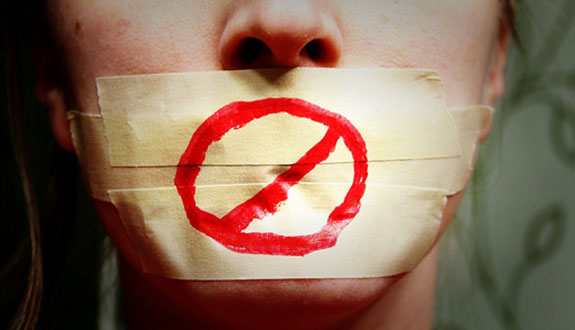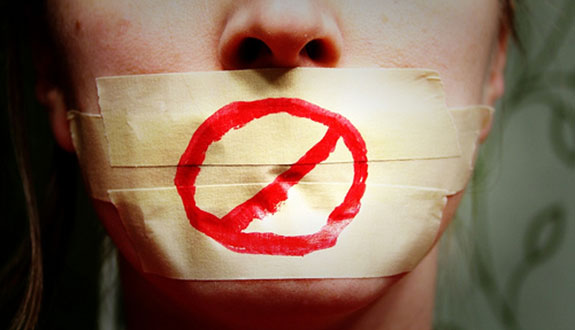
Alright, kiddos. Today we’re gonna do something a little different. We’ve been running a regular series on different areas of legal practice such as cyber law and space law. Since many of our beloved readers are aspiring lawyers, this can be helpful.
But there are areas of law big enough for their own professions, and then there are corners of the law that are interesting in their own right, but that don’t really rise to the level of an area of practice like entertainment law or animal rights law.
Today, I’d like to discuss defamation law. In our raucous society, people say rude things about other people, sometimes when a camera is trained on them, and, when someone inevitably gets their feelings hurt, they say something like, “I’m going to sue you for slander!” or, “Hey, that’s libel, and I’m gonna take you to court!” Defamation, slander, libel… are those real things? Are they the same thing? Can you really sue someone for hurting your feelings?
The short answers to those questions are, respectively, “yes,” “sorta,” and “not exactly.”
First things first, calling someone a jerk to his face (or some other insult) isn’t defamation. To qualify as defamation, a statement must be false, it must be made public to at least one person other than the person being defamed, and it has to cause some kind of damage, although this can be damage to reputation. Libel and slander are, respectively, written defamation and spoken defamation.
Celebrities do a lot of suing for defamation. It’s not surprising, since there’s a whole industry that revolves around airing salacious bits of gossip about them. Sometimes they win, sometimes they lose, and very often they settle. That’s not all. In the 1980’s, McDonalds made a habit of suing people protesting their business practices for defamation.
“Hey,” you might be thinking right about now, “this is America! The birthplace of Freedom of Speech! You can say whatever you want here!” Well, you’re right, and this is a topic that the Supreme Court has addressed a few times. The seminal defamation case Hustler Magazine, Inc. v. Falwell addressed the right to satirize celebrities. Without going into the unsavory details, Hustler published an article about the Rev. Jerry Falwell that had patently untrue assertions, but it was pretty clearly satire. Worried that a ruling for Falwell would chill the speech of press outlets, the court ruled against Falwell, citing an earlier case, New York Times v. Sullivan, which made it harder for public figures to prove they’d been defamed.
So now you know a bit about defamation law. You’re welcome! And, by the way, the cases discussed above are cases you will, without a doubt, be reading in your 1L Torts class, so look into them. They’re fascinating, and you might just be better prepared than the schmo in the next desk come finals time.




